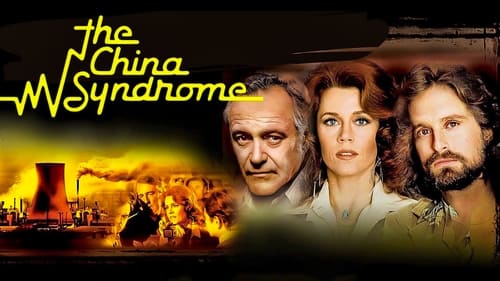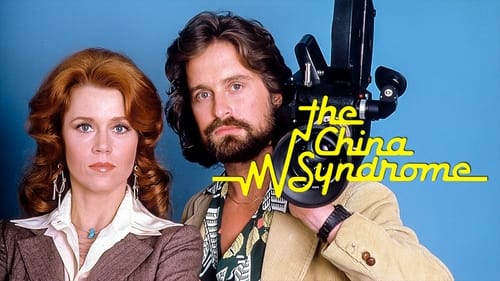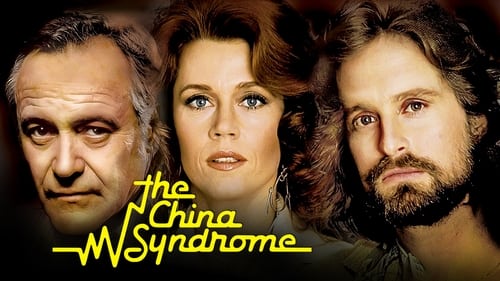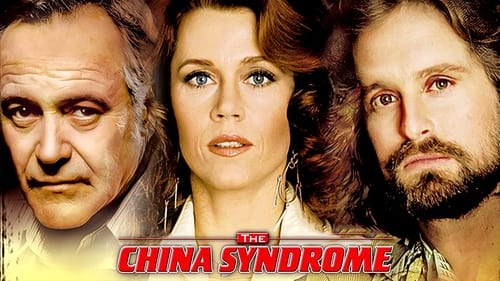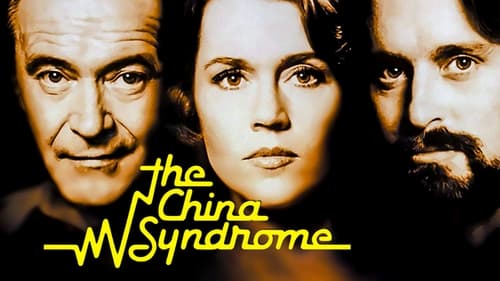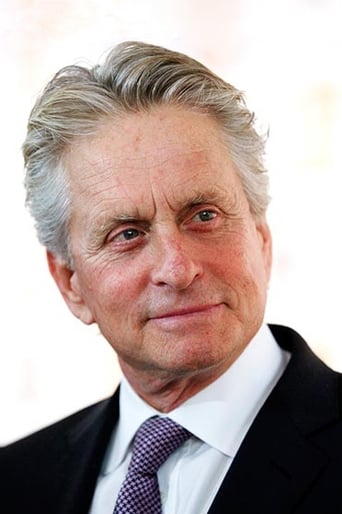James Hitchcock
Despite the rather silly title, "The China Syndrome" has nothing to do with China. Nor, for that matter, has it anything to do with a "syndrome" in the medical sense. The title refers to the fanciful idea that a nuclear meltdown might result in the reactor melting its way through the Earth and emerging in China. The story concerns a "near-miss" accident at a nuclear power plant which nearly results in such a meltdown, although the staff narrowly manage to bring the situation under control. The incident, however, has been witnessed by Kimberly Wells, a television news reporter visiting the plant on a routine assignment, and by her cameraman and soundman. Moreover the cameraman, Richard Adams, has surreptitiously captured the whole incident on film.The three main characters in the film are Kimberley, Adams and Jack Godell, a senior manager at the plant. Kimberley is a young and inexperienced reporter, chiefly employed by the station to report on bland, uncontroversial "human interest" stories, and with no background in investigative journalism. Jane Fonda, the actress who plays her, would have been 42 in 1979 but looked at least a decade younger. The Christian name "Kimberley", unusual for an American woman of Fonda's generation, may have been deliberately chosen to suggest a younger person. At first she is happy to go along with her station bosses who want to cover up the incriminating footage because Adams was acting illegally by filming inside the plant. Later, however, she changes her stance when she realises the massive implications of what she has witnessed.Adams's radical politics and counter-culture credentials are emphasised by his then-fashionable long hair and beard. (He is played by the normally clean-cut, clean-shaven Michael Douglas). He wants to go public with the incriminating evidence from the start and has little sympathy with what he sees as Kimberley's temporising, possibly because he is a freelance rather than an employee of the station and therefore has less to lose than her.Godell is perhaps the most interesting of the three. He is in late middle age and has always been a loyal employee of the company. He has an expert knowledge of the nuclear industry, and is the man chiefly responsible for averting the threatened crisis. When he realises, however, that the employers to whom he has dedicated his life are taking serious risks with public safety, he determines to expose them, even though he knows he will be putting himself in danger by doing so. The company, like the bad guys in all thrillers of this sort, will do anything, up to and including murder, to silence their critics. (Hector, Kimberley's soundman, is seriously injured when his car is forced off the road in an attempt to kill him). Desperate to ensure that the truth is known, Godell is forced to take the drastic step which forms the central incident of the film.Fonda was a favourite daughter of the Academy in the late seventies. She won the "Best Actress" Oscar for "Coming Home" in 1978 and was nominated for "Julia" in 1977 and for this film in 1979. Interestingly, all three roles reflect her own left-wing political beliefs; she was not nominated for any films from this period (such as "California Suite") which lack an obvious political sub-text. The Academy obviously had no hard feelings about her controversial visit to Hanoi earlier in the decade, although some sections of American public opinion were to be less forgiving.Whatever one may think of her politics, however, Fonda is certainly good here- better, in my opinion, than she had been in the dull and overrated "Coming Home" or the intellectually dishonest "Julia". She is able to bring out the way in which her character develops emotionally and spiritually. Kimberley is initially a rather naive young woman, happy to go along with her bosses rather patronising view of her as the pretty public face of broadcast news. With a public role, however, come public responsibilities, and Kimberley gradually realises that she has a duty to tell the truth, even if (or especially if) someone else would prefer that truth to remain untold. The other excellent performance comes from Jack Lemmon (also Oscar-nominated) as the desperate Godell.The film reflects the post-Watergate mood in America that those in authority were not to be trusted. It gave rise to a number of similar thrillers, such as "Silkwood" (based on a true story), "The Pelican Brief" and "Chain Reaction", in which intrepid investigators tangle with a gang of corporate villains who are trying to cover up the fact that they have been playing fast-and-loose with public safety or otherwise acting in a manner detrimental to the public interest. It also marks a shift in the way nuclear power was perceived during the seventies. During the fifties and sixties it was regularly cited as the prime example of how science could be used for either good or evil; ban-the-bomb campaigners were careful to stress that they opposed the military, but not the peaceful, applications of atomic power. The seventies, however, saw the growth of an overarching anti-nuclear movement which campaigned not only against nuclear weapons but also against civilian nuclear power.Upon its first release on 16th March 1979, "The China Syndrome" was, predictably, rubbished by the nuclear industry, which claimed that the events portrayed were pure fantasy. And then, on 28th March, came the nuclear accident at Three Mile Island. The film suddenly started to look prescient rather than fantastic; its box-office success was assured. It began to look more prescient still when the much more serious Chernobyl accident occurred a few years later. And, in the light of the Fukushima disaster of 2011, public concerns about nuclear power still have not gone away, nearly forty years after the film was made. 7/10
asc85
According to Wikipedia as I compose this review, the Three Mile Island accident happened 12 days after the release of this picture. I remember seeing it the Friday night it opened, and it blew me away. Over time, I think Apocalypse Now has become the better picture of 1979, but at that time, I thought it was the best film of 1979.The problem with this movie was that it became more of a political movie after TMI, rather than the thriller with which it was originally intended. It's of course impossible to view this movie without factoring in what occurred at TMI. You can't "un-ring the bell," as they say. I was lucky to watch it without the taint of TMI, but of course, not too many people can say that. Jack Lemmon has the performance of the movie. I'm a fan of Jane Fonda, but I didn't think she was plausible in the role of a TV reporter.
Leofwine_draca
THE CHINA SYNDROME is another example of those great '70s-era conspiracy thrillers that still outdo most similar fare being released in cinemas today. It's a realistic, thought-provoking and sometimes terrifying tale of mankind's reliance on nuclear energy, and the problems that arise thanks to laziness and negligence on our parts.Jane Fonda has never been better playing a TV reporter trying to get the scoop of her life, with a dependable Michael Douglas playing her tireless cameraman. Best of all, however, is Jack Lemmon in a straight role as a worker at a nuclear power plant who soon becomes aware that something very fishy is going on at his place of work. The cast is loaded with familiar faces, particularly at the news studio with James Karen and Peter Donat in support.THE CHINA SYNDROME quickly grips you at the outset with an outstanding set-piece, one that's full of tension. After this things change down a gear, and then it's a slow burn for a while. Towards the end though, they really pick up again with some chilling moments and a grand climax. It's a bit of an emotional roller-coaster ride and what makes it so effective is that it's easy to believe this could really happen. A great thriller.



